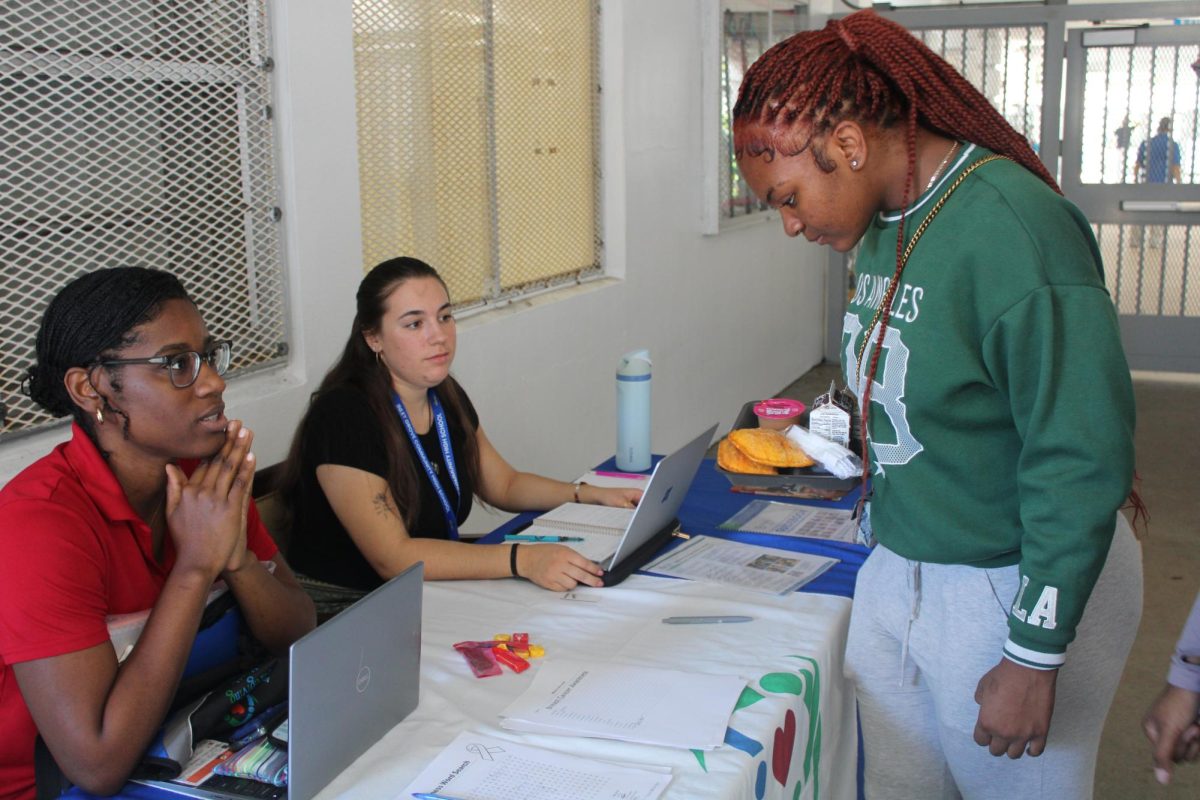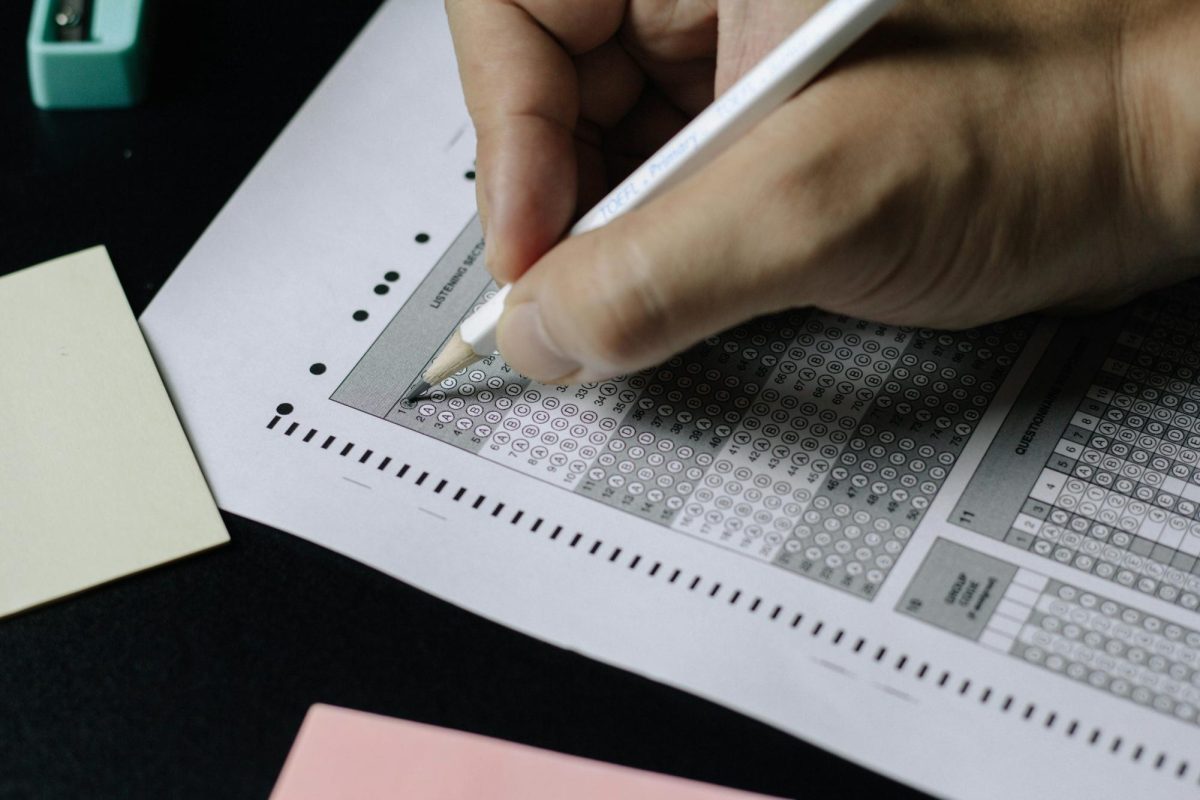Journalism Ethics
REAL NEWS: “Journalism can never be silent: that is its greatest virtue and its greatest fault,” said Henry Anatole Grunwald.
March 2, 2022
Journalism is the production and distribution of reports on the interaction of events, facts, ideas, and it informs society to at least some degree.
The importance of journalism has always been defined by the value of information. To possess information is to possess power, and without it, a society can’t run. It’s the lifeline to knowing all things. Journalists educate the public about events and how they affect their lives. Journalists are what keep the world going through updates, breaking news, and just essential news you need to know.
Being a student journalist has taught me that we have a number of opportunities to generate story ideas on topics that are facts and that we feel like people need to know. Being a part of my journalism class, having the pub team and my teacher to help me made it one of the most significant developments in my learning and academic growth in my journalism journey due to learning how to research specific topics, organize details, and writing those details down in specific ways to draw the reader in, but also making sure facts were accurate and true.
Journalism can be distinguished from other activities and products by certain different characteristics and practices. These elements not only separate journalism from other forms of communication, but they are also what makes it crucial to democratic societies.
“History reveals that the more democratic a society, the more news, and information it tends to have,” said The American Press Institute.
Journalism is a true art. It is a lifeline to knowing all things and how to live, taking Journalism 3 has given me a wider perspective on the news itself and my editors who are more advanced have given me a new outlook on the reality of Journalist. It has helped me and my viewpoint, and on how I interpret things has changed immensely.








Deanna Pientka • Mar 8, 2022 at 8:35 am
This is just the beginning of seeing things in a wider perspective. It is so important to state the facts and be a journalist with integrity. It sounds like you are on your way! Good Job!